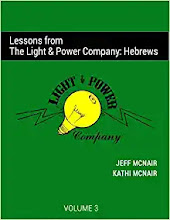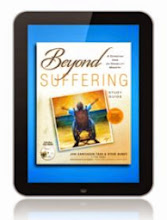In "An Attempt Toward a Theology of Social Integration of Devalued/Handicapped People" (a paper presented in 1978) Dr. Wolfensberger takes on the notion of segregation by whomever of a group deemed as different in some way. This principle has particular relevance to the church to the degree that it acts to segregate persons with various disabilities from the general congregation. The following comments are made about how segregation begins.
In truth the one single characteristic of a person, or of a group, that can override all other shared characteristics of people in being used as the justification of segregation can be utterly trivial. It is remarkable in itself that one single characteristic can be presumed to differentiate people so totally, i.e., in that this characteristic can override everything else, even thousands of other characteristics the segregtaors and the segregatees share. If we just contemplate this one little reality, we may be stunned by its magnitude, expecially when we consider that this one overriding characteristic can be something as minor as skin color, the shape of one's ears, left-handedness in Japan, or something of this nature. Even when the characteristic is not trivial, it pales in comparison to the massiveness of the shared characteristics...segregatory congregation also signals back to society that the one characteristic that the congregated people supposedly share with each other is more important than all the thousands of characteristics they share with the segregators.Now there are times when some forms of segregation make a degree of sense because the point of segregation is relevant. For example, we wouldn't expect to see persons with cognitive disability studying medicine in medical schools. Their difference would be a point of relevant segregation from the field of medicine.
What, however, are the relevant characteristics for segregation from a local church?
1 Corinthians 1: 27 and following states,
But God chose the foolish things of the world to shame the wise; God chose the weak things of the world to shame the strong. He chose the lowly things of this world and the despised things - and the things that are not - to nulify the things that are, so that no one may boast before him. It is because of him that you are in Christ Jesus, who has become for us wisdom from God - that is our righteousness, holiness and redemption.
Who has the Church chosen? What are the relevant characteristics that are so different from the rest of us that we see fit to exclude them from out midst? God chooses "the things that are not." Who do we choose?
McNair
(from cbu)











No comments:
Post a Comment